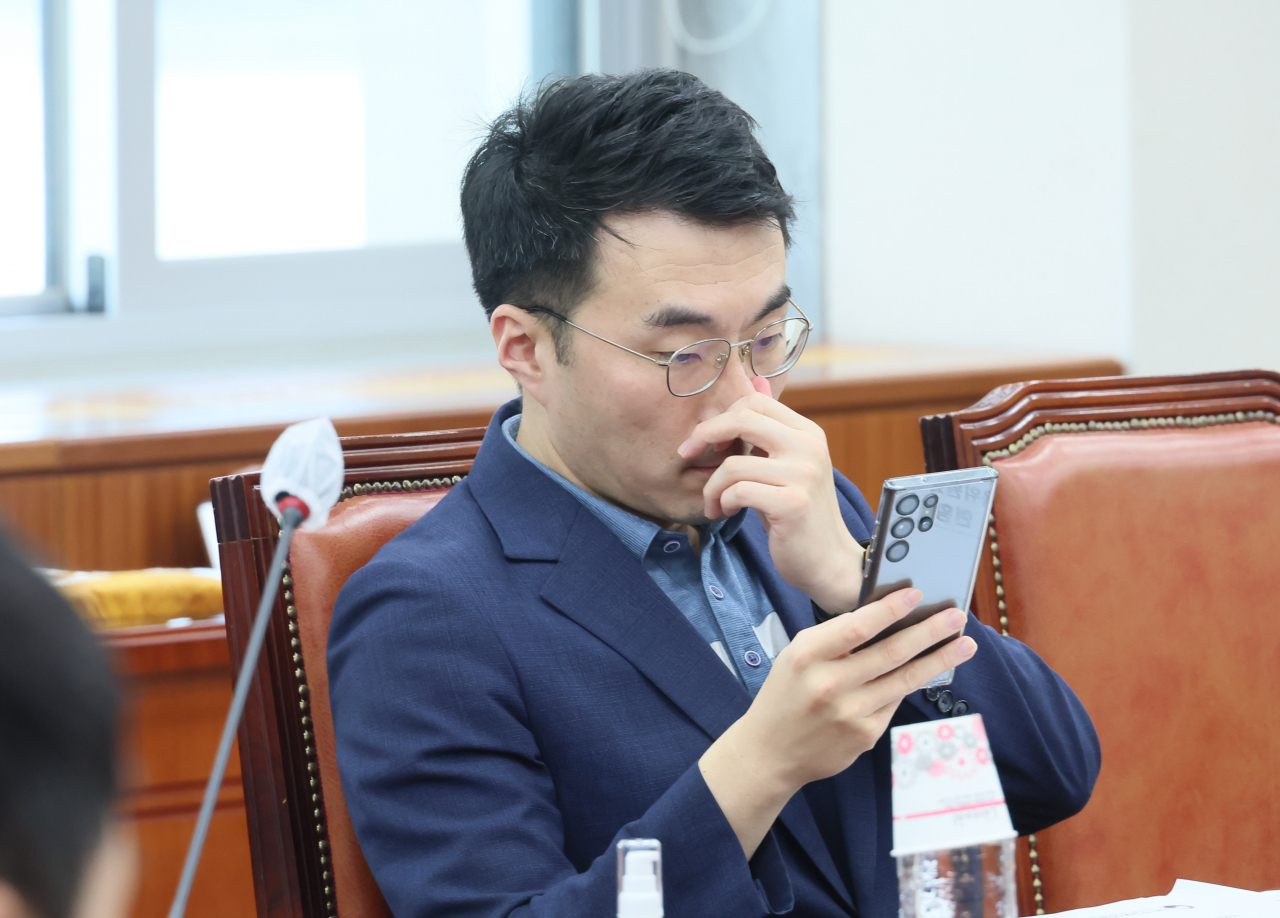Korea seeks disclosure of public officials' virtual assets
By Son Ji-hyoungPublished : Sept. 4, 2023 - 15:12

South Korea is seeking to compel high-ranking public officials to disclose their virtual asset holdings and the history of their transactions, along with the conventional properties and assets they are already forced to report, beginning as early as December.
Over 2,500 high-ranking officials in the government's class one group, the Supreme Court and the National Assembly -- including President Yoon Suk Yeol, Prime Minister Han Duck-soo and lawmakers -- will be obliged to not only disclose their own virtual asset holdings, but also that of their families, according to the Ministry of Personnel Management under the prime minister's office.
Those "persons subject to disclosure of property" will also have to report the process of acquiring their virtual assets, and report their history of virtual asset transactions for the previous year.
This comes as part of the revision of the Enforcement Decree of the Public Service Ethics Act proposed by the government Monday, a follow-up move after the law was revised earlier in June, as public officials' failure to voluntarily disclose virtual assets amid a lack of enforcement sparked nationwide debate.
The proposed revision also bans lawmakers and regulators involved with virtual asset-related policy, as well as tax collectors, from possessing any virtual assets.
Moreover, some 290,000 high-ranking officials in class four or higher -- which the Korean law defines as "persons liable for registration" -- will have to annually disclose the value of virtual assets they possess.
The value of the asset holdings will be determined depending on the daily average price on the day of disclosure based on four Korean virtual asset exchanges, Upbit, Bithumb, Coinone and Korbit. Assets not being traded on those exchanges may be eligible for alternatives permitted by the government.
The measures will go into effect after the public administration notice period, which begins Monday and will last until mid-October.
A virtual asset scandal involving the then-main opposition Democratic Party of Korea's Rep. Kim Nam-kuk stirred up Korea's parliament, sparking calls for watchdogs to strengthen regulations to prevent the failure of public officials to fully disclose their assets.
Kim in May was found to have not reported virtual assets valued at over 8 billion won ($6 million) since January 2022. Kim was also found to have traded cryptocurrency during a parliamentary meeting, and supported the proposal of a bill to defer the taxation of crypto investors, triggering speculation that there was a conflict of interest.
Kim left the party in May, but the latest failure of the National Assembly Ethics Committee to table the agenda of Kim's expulsion from parliament on Wednesday -- apparently due to votes from the main opposition party -- allowed him to stay in parliament. Soon after, the Democratic Party's approval rating estimated by Gallup Korea fell to 27 percent, hitting an all-time low under the Yoon administration.






![[Weekender] How DDP emerged as an icon of Seoul](http://res.heraldm.com/phpwas/restmb_idxmake.php?idx=644&simg=/content/image/2024/04/25/20240425050915_0.jpg&u=)



![[KH Explains] No more 'Michael' at Kakao Games](http://res.heraldm.com/phpwas/restmb_idxmake.php?idx=644&simg=/content/image/2024/04/28/20240428050183_0.jpg&u=20240428180321)







![[Herald Interview] Mistakes turn into blessings in street performance, director says](http://res.heraldm.com/phpwas/restmb_idxmake.php?idx=652&simg=/content/image/2024/04/28/20240428050150_0.jpg&u=20240428174656)
